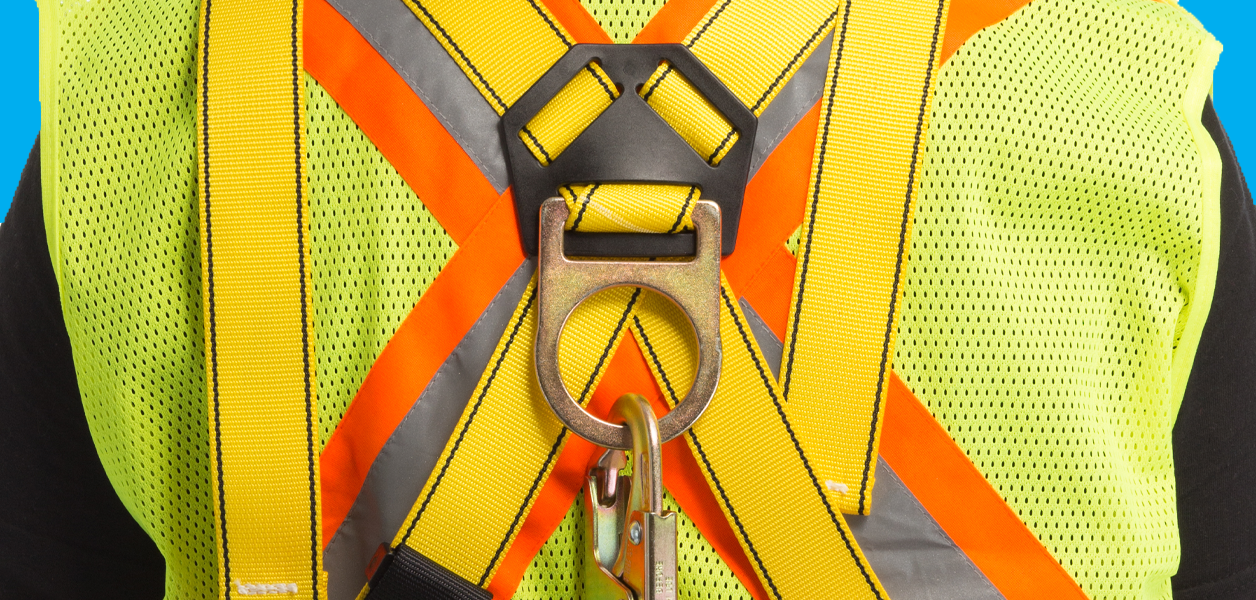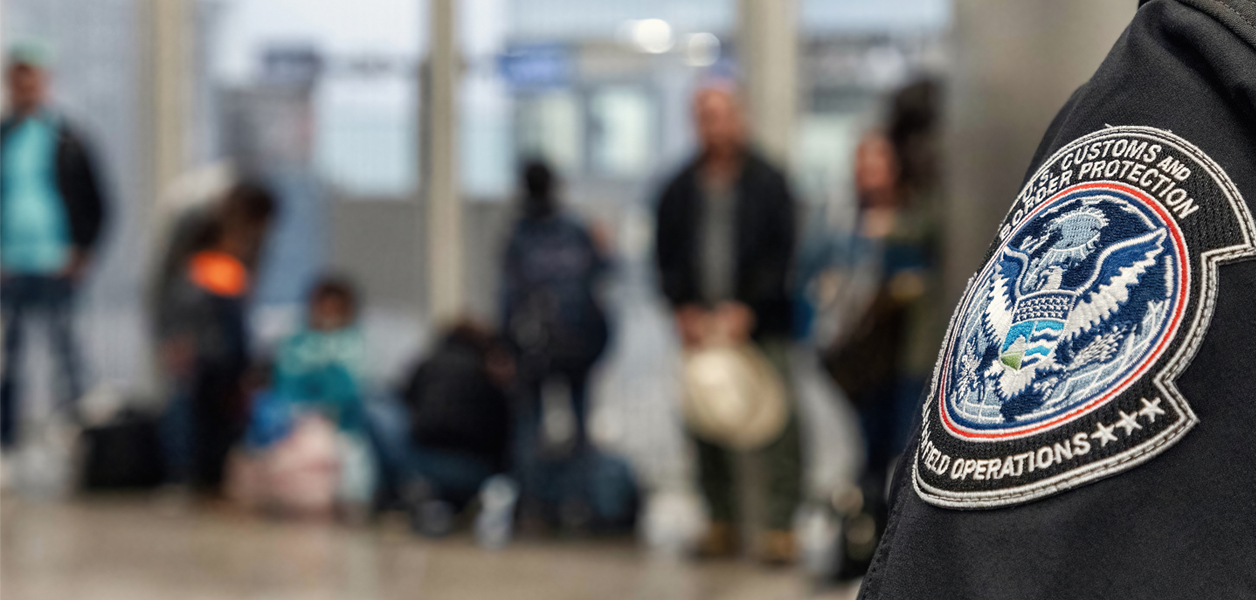Researchers have found roofing workers with more safety gear in place are more likely to engage in riskier behaviors, making the workers less safe overall, according to www.popularmechanics.com.
Civil engineering researchers at Virginia Tech and Clemson University suspected roofing workers are experiencing a false sense of security while working with robust safety gear; their study, which appears in the Journal of Construction Engineering and Management, explains it as a documented psychological phenomenon known as risk compensation.
For example, roofing workers may become overly comfortable with safety interventions such as perimeter barriers, leading them to step closer to a roof’s edge than they otherwise typically would.
To test their hypothesis, the researchers set up a first-of-its-kind experiment involving virtual reality headsets. They found a group of students with some construction work experience and trained the students on the basics of installing roof shingles.
The researchers placed the student volunteers—who were acting as unskilled roofing workers—in a virtual environment to simulate roofing work. They then assigned the students into one of three randomly ordered levels of safety equipment: only personal protective equipment (hard hat, gloves and knee pads) but no fall protection; PPE and a fall-arrest system; and PPE, a fall-arrest system and a perimeter guardrail.
At the higher levels of safety, researchers found “more safety interventions (i.e., higher levels of fall protection) produced a sense of invulnerability among participants. This false sense of security ultimately increased their risk-taking behavior by up to 55 percent: participants stepped closer to the roof edge, leaned over the edge and spent more time exposing themselves to fall risk.”
Risk compensation is a cognitive bias—or systematic error in thinking—that affects everyone. You may even experience risk compensation when driving; for example, drivers with blind-spot detectors built into their mirrors may be less prone to checking those spots.
The roofing experiment suggests this cognitive bias may occur in construction. Researchers said a new kind of training or monitoring system is necessary to ensure workers are not relying on cognitive biases and jeopardizing their safety.
NRCA offers numerous safety programs addressing not only the mechanics of safety but understanding how to be a safety leader on the job. For more information, visit www.nrca.net or contact NRCA at (800) 323-9545.





